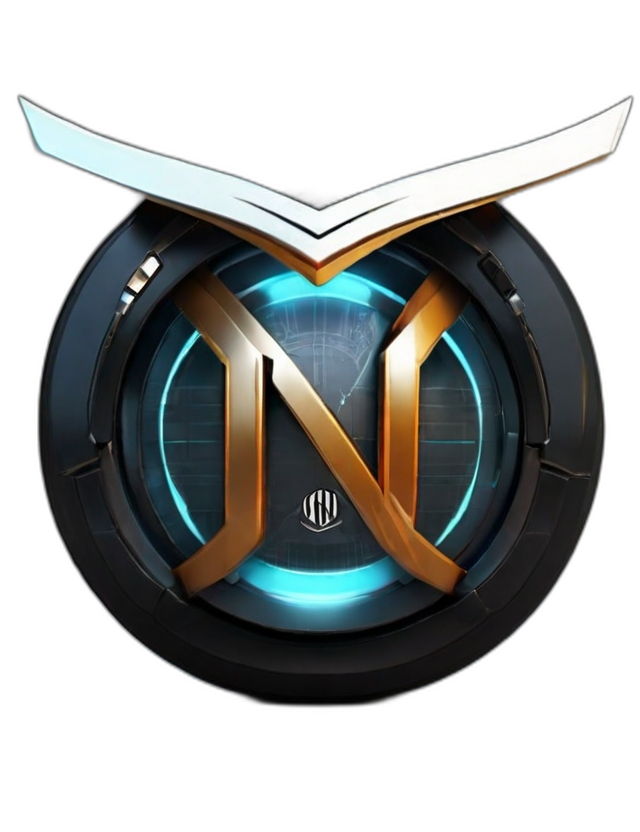
Introduction
In today’s digital age, programming has become an indispensable skill. Whether you’re developing software, designing websites, or building mobile applications, the demand for proficient programmers continues to soar. However, becoming a good programmer isn’t merely about learning a programming language or mastering a specific technology. It’s about adopting the right mindset, continuously honing your skills, and embracing lifelong learning. In this comprehensive guide, we’ll delve deep into the strategies and techniques to help you embark on the journey of becoming a proficient and sought-after programmer.

1.Understanding the Fundamentals
To lay a solid foundation for your programming journey, it’s essential to grasp the fundamental concepts of computer science and programming. Start by learning the basic principles of algorithms, data structures, and problem-solving techniques. Resources such as online courses, textbooks, and interactive tutorials can aid in building a robust understanding of these concepts. Remember, a strong grasp of fundamentals will serve as a springboard for tackling more complex programming challenges down the line.
2.Choose the Right Language(s)
With a myriad of programming languages available, choosing the right one(s) can be overwhelming for beginners. Rather than attempting to learn multiple languages simultaneously, focus on mastering one language initially. Popular choices such as Python, Java, or JavaScript are versatile and widely used across various domains. Once you’ve gained proficiency in one language, branching out to learn others will become considerably easier.
3.Practice, Practice, Practice
As the adage goes, practice makes perfect. Dedicate ample time to coding exercises, challenges, and projects to reinforce your understanding and sharpen your coding skills. Online coding platforms like LeetCode, HackerRank, and Codecademy offer a plethora of coding problems tailored to different skill levels. Additionally, collaborating on open-source projects or participating in hackathons can provide invaluable hands-on experience and exposure to real-world coding scenarios.
4.Embrace Continuous Learning
The field of programming is dynamic and constantly evolving, with new technologies and frameworks emerging at a rapid pace. To stay abreast of the latest trends and advancements, cultivate a habit of continuous learning. Follow industry blogs, subscribe to coding newsletters, and engage with online communities such as Stack Overflow and GitHub. Additionally, consider pursuing advanced courses or certifications to deepen your expertise in specific areas of interest.
5.Seek Feedback and Mentorship
Feedback is crucial for growth and improvement as a programmer. Don’t hesitate to seek feedback on your code from peers, mentors, or online forums. Constructive criticism can help identify areas for improvement and offer insights into best practices. Moreover, cultivating mentorship relationships with experienced programmers can provide invaluable guidance, advice, and career mentorship as you navigate your programming journey.
6.Master Problem-Solving Skills
At its core, programming is about solving problems efficiently and elegantly. Cultivate your problem-solving skills by breaking down complex problems into smaller, manageable components. Practice algorithmic thinking and strive to develop optimal solutions through iterative refinement. Additionally, familiarize yourself with common design patterns and algorithms to effectively tackle a wide range of programming challenges.
7.Develop Soft Skills
In addition to technical prowess, honing your soft skills is equally important for becoming a well-rounded programmer. Effective communication, collaboration, and teamwork are essential for thriving in a professional programming environment. Cultivate strong interpersonal skills, learn to articulate your ideas clearly, and actively engage in discussions and code reviews. Moreover, embrace a growth mindset and remain open to feedback and constructive criticism.
8.Build a Strong Portfolio
A robust portfolio showcasing your projects, contributions, and achievements can significantly enhance your credibility as a programmer. Create a personal website or GitHub repository to showcase your code samples, projects, and any relevant contributions to open-source projects. Highlighting your hands-on experience and demonstrating your problem-solving abilities through real-world projects can be instrumental in securing job opportunities and advancing your career as a programmer.
9.Stay Persistent and Resilient
Becoming a proficient programmer is a journey filled with challenges and setbacks. Stay persistent, resilient, and embrace failures as learning opportunities. Understand that mastery takes time and effort, and success is often the result of perseverance in the face of adversity. Celebrate your achievements, no matter how small, and keep pushing yourself to reach new heights in your programming journey.

Conclusion
Becoming a good programmer requires dedication, perseverance, and a commitment to lifelong learning. By understanding the fundamentals, practicing regularly, seeking feedback, and cultivating essential skills, you can embark on the path to mastery in programming. Remember, there’s no one-size-fits-all approach, and your journey will be unique to your interests, goals, and aspirations. Stay curious, stay hungry, and never stop striving to become the best programmer you can be.
